
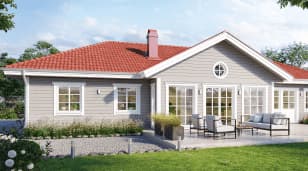


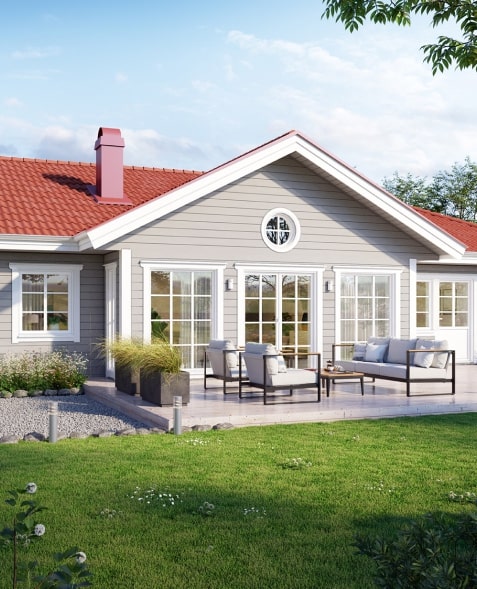

A link to download your FREE brochure will be in your inbox in 3 minutes
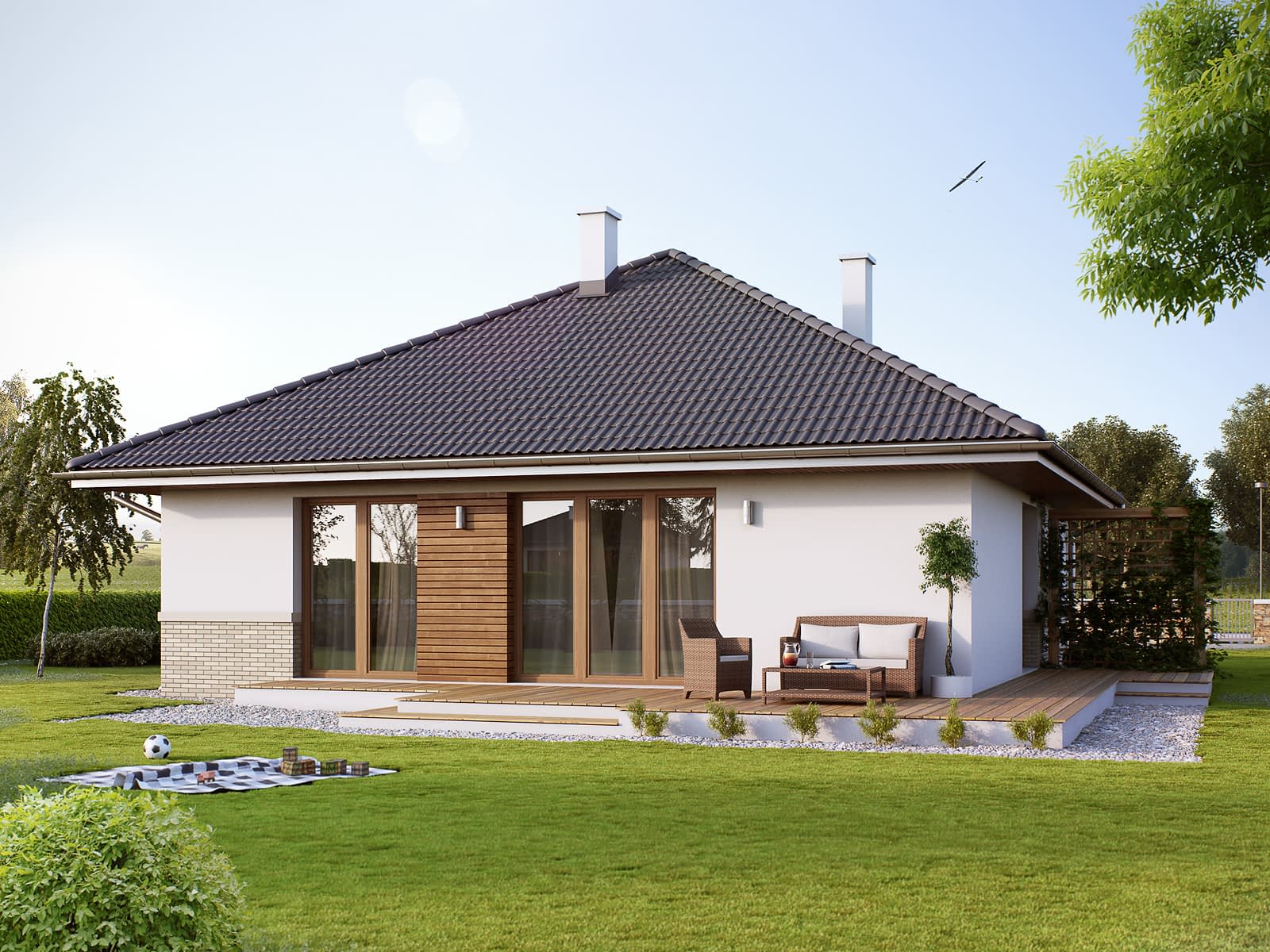


















The final price may vary based on project specifics.
To get a free accurate quote tailored to your needs, book a consultation with us today!

The price per square foot provided is an average and may vary depending on project-specific details such as materials, location, complexity, and other factors. Actual costs may differ from the average provided.
It is recommended to obtain a detailed quote based on the specific requirements of your project.

Please note that the monthly payment displayed on this page is an estimate and is subject to variation based on the selected loan product, applicants credit score, loan amount, and other financial details. Actual monthly payment may differ from the estimate provided.
It is recommended to seek advice from a financial advisor or loan officer to obtain precise payment information tailored to individual circumstances.
 Your Trusted
Local Contractor
Your Trusted
Local Contractor
Accessory dwelling units, or ADUs, are becoming one of the most important affordable housing options for Sacramento residents. Whether built as detached ADUs, attached ADUs, or junior ADUs, they provide additional living spaces that can generate rental income, support multigenerational households, and increase property value. But before new ADUs can be occupied, property owners must plan for water and sewer connections. Water & sewer for ADUs in Sacramento is a crucial part of the ADU permitting process, directly tied to building permits, inspections, and long-term maintenance. Sacramento homeowners need to understand how local regulations apply, what utility connections cost, and how to prepare for the approval process.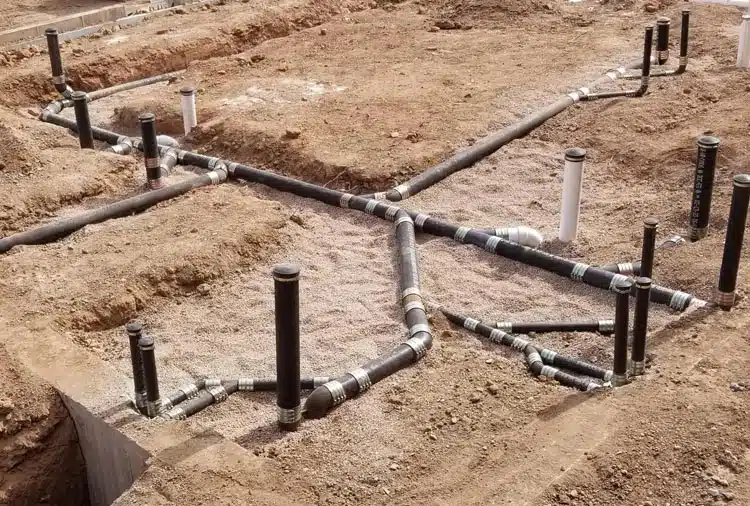
Every new ADU in Sacramento must have proper access to water and sewer services to ensure tenant safety, code compliance, and long-term functionality. Plumbing systems must support faucets, showers, toilets, and laundry while sewer lines must carry waste away from the property safely. Without approved utility connections, ADU projects cannot move through the permitting process. Local regulations in the City of Sacramento and unincorporated areas may vary depending on property lines, existing property space, and whether the unit is detached, attached, or part of a garage conversion.
Sacramento homeowners planning ADU construction should expect fees related to water and sewer connections. These may include:
The water and sewer approval process is part of the larger ADU permitting process. Sacramento homeowners should follow a clear sequence to ensure compliance:
Not all ADUs require the same utility solutions. Detached ADUs often need new water lines and sewer laterals because they function as independent dwellings. Attached ADUs may tie into the existing plumbing of the primary residence, reducing costs. Junior ADUs typically use existing systems inside the house, requiring fewer modifications. Smaller ADUs may cost less overall, while detached units on larger properties in unincorporated areas may involve more significant construction expenses due to distance from mains.
Because utility connections can add to overall construction costs, many Sacramento homeowners explore financing options to manage expenses. Home equity loans, construction loans, and cash-out refinancing are common ways to cover plumbing and utility-related costs. Some programs and grants in California may also help offset fees for ADU development, especially when ADUs are built to provide affordable housing options. By combining financing options with available city or state programs, property owners can reduce the financial burden of water and sewer expenses.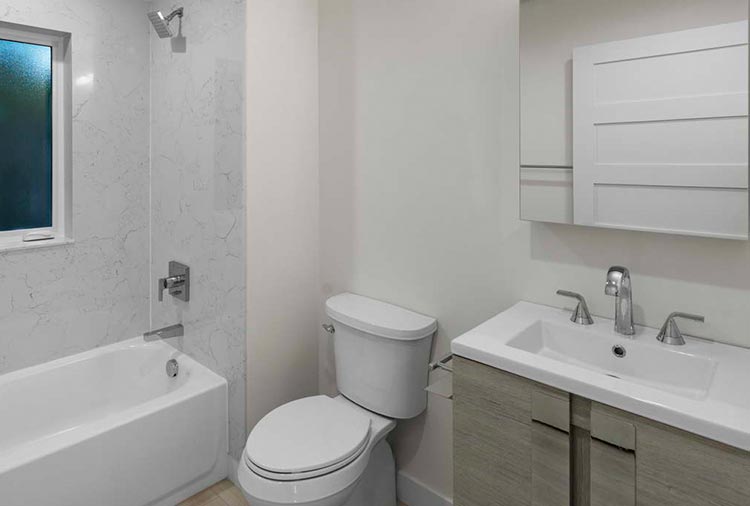
Once installed, water and sewer systems require proper future maintenance. Sacramento homeowners should use high quality materials and quality workmanship during construction to avoid long-term issues. Regular inspections, leak detection, and preventative services ensure safety and protect tenants living in the accessory dwelling unit ADU. Proper planning today not only reduces costs but also ensures compliance with safety regulations, giving homeowners confidence in the long-term performance of their ADU projects.
In addition to meeting plumbing codes, ADU construction can incorporate energy efficiency and water-saving measures. Installing low-flow faucets, efficient water heaters, and modern plumbing systems can lower utility bills for both homeowners and tenants. Sacramento residents who build ADUs with these features create affordable housing options that save money over time while conserving valuable resources.
Planning water and sewer for ADUs in Sacramento can bring challenges. Property owners may face height restrictions, limited existing property space, or outdated infrastructure. Utility connections sometimes require trenching across property lines or adjusting property layouts to accommodate new pipes. Impact fees and additional fees may surprise homeowners who are not fully prepared. These challenges highlight the importance of working with professionals who understand the local regulations and approval process.
Water and sewer connections are essential to ADU development, directly impacting permits, inspections, construction costs, and long-term tenant safety. Sacramento homeowners planning detached ADUs, attached ADUs, or junior ADUs must consider utility requirements early in the approval process to avoid unexpected costs. Fees related to water lines, sewer connections, and inspections vary depending on project size and property layout, but they are critical to ensure compliance with local regulations. With proper planning, financing options, and support from programs designed to aid ADU construction, Sacramento residents can build ADUs that increase property value, generate rental income, and provide much-needed housing options. A+ Construction & Remodeling proudly supports Sacramento homeowners in planning, permitting, and building ADUs, ensuring utility connections and all aspects of construction are completed with quality workmanship and compliance. Serving Sacramento and surrounding areas, the team provides services that help homeowners build ADUs safely, efficiently, and with confidence.
Get a First Look at Real ADU Projects